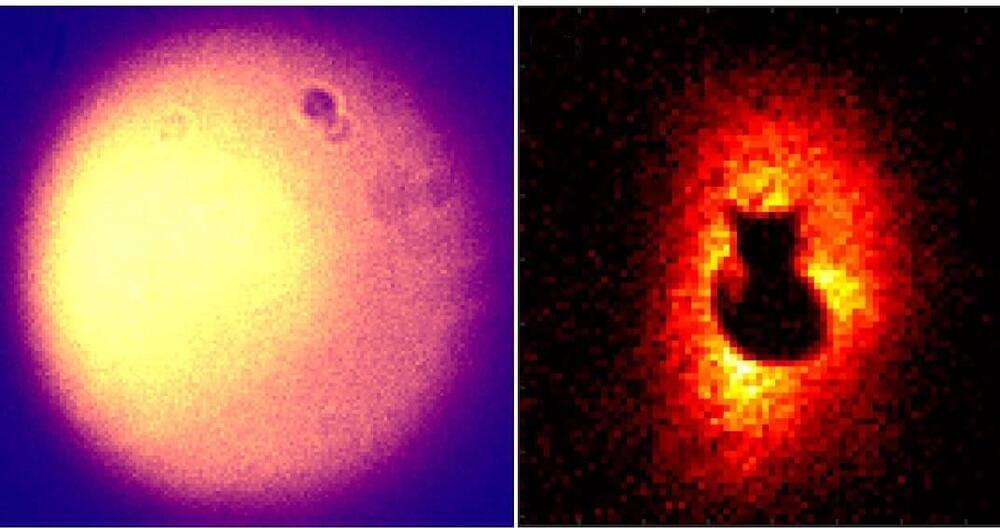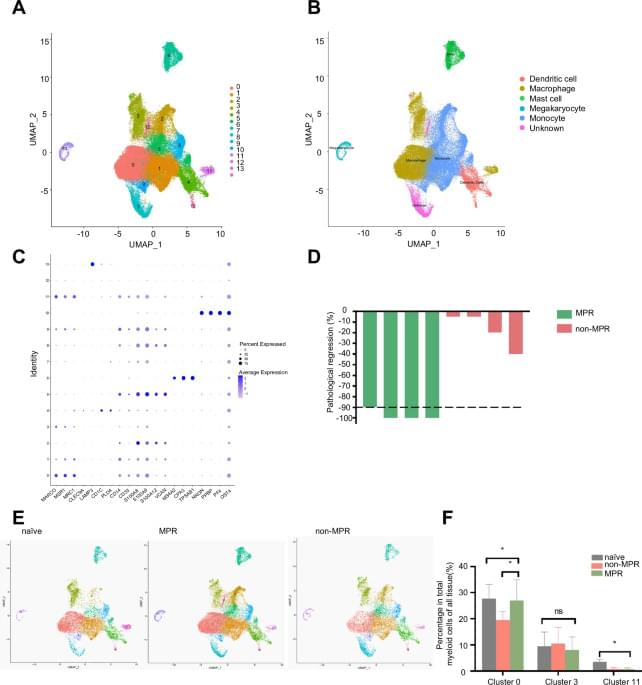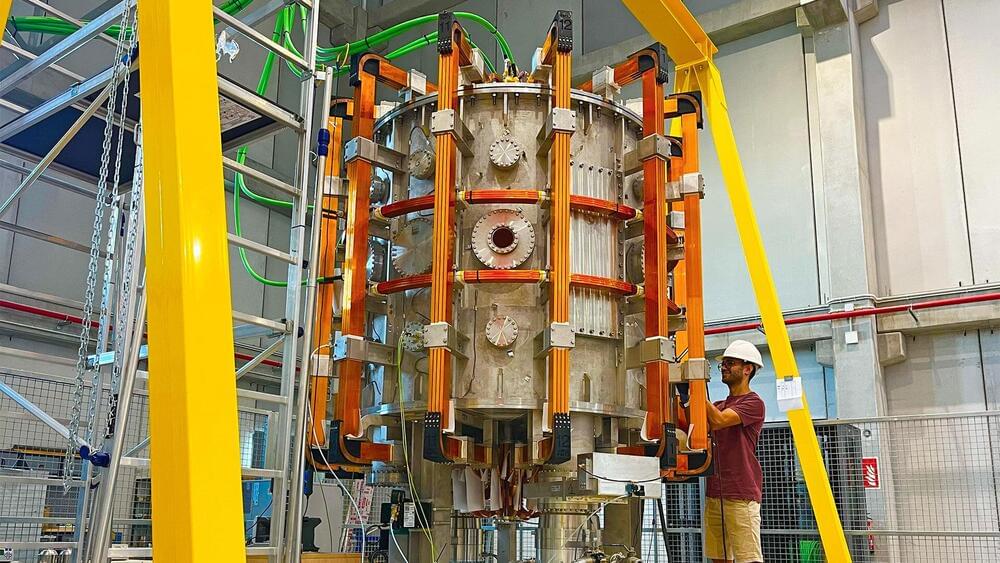Oct 1, 2024
From Lab to Cosmos: Rethinking Signs of Life on Other Planets
Posted by Laurence Tognetti, Labroots Inc. in category: alien life
When it comes to searching for life beyond Earth, specifically on exoplanets or exomoons, are researchers searching for the correct biomarkers? This is what a recent study published in The Astrophysical Journal Letters hopes to address as an international team of researchers investigated how certain organic compounds that were long hypothesized to be created by life can be created in a laboratory setting without life present. This study holds the potential to challenge longstanding hypotheses regarding what biomarkers scientists should search for when trying to identify life on other worlds and how we should adapt our search methods accordingly.
For the study, the researchers successfully created dimethyl sulfide, which is an organic sulfur compound typically produced by marine algae, using a combination of light and gases that have been identified in the atmospheres of exoplanets. The caveat is no organisms were present to create the dimethyl sulfide, which left the researchers puzzled due to the longstanding hypothesis that marine organisms were the only way dimethyl sulfide was created.
“The sulfur molecules that we’re making are thought to be indicators of life because they’re produced by life on Earth,” said Dr. Eleanor Browne, who is an associate professor in the Department of Chemistry at the University of Colorado Boulder, and a co-author on the study. “But we made them in the lab without life — so it might not be a sign of life but could be a sign of something hospitable for life.”


















